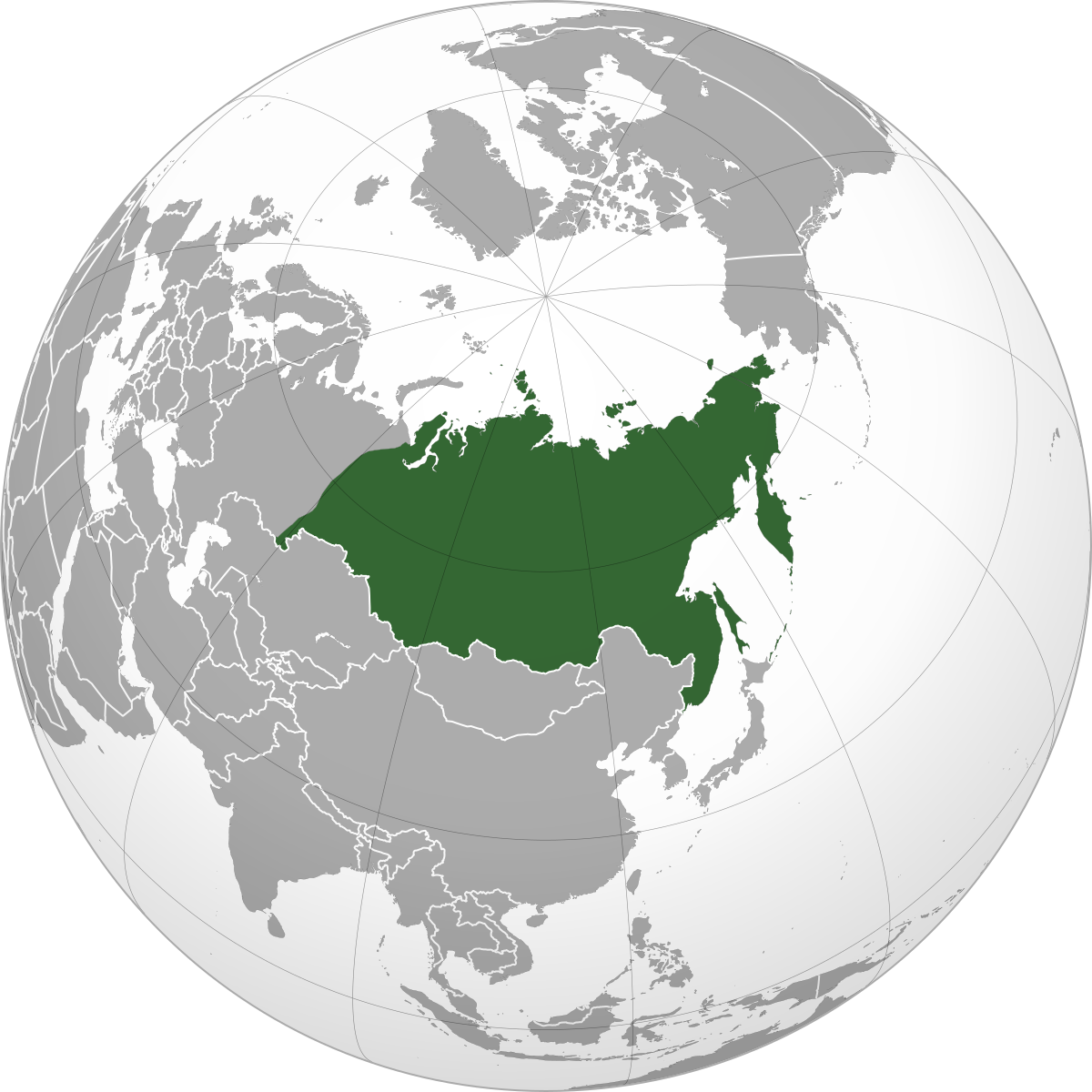Can you further explain what you mean by "break up"? In OTL, by 1933 two thirds of the peasant population had been forced onto collective farms, cultivating 85% of land, but in this quest by 1933 forced collectivisation has effectively been abandoned in favour of breaking up large estates into individual plots, treating peasants effectively as agricultural workers, sparing the majority of the kulaks, and encouraging collectivisation through voluntary and educational means. Quotas could also come in varying different forms and methods of application. Given that we've not had a mass forced collectivisation having occurred over a short period of time in this quest, a lot of the agricultural sector should still be individual plots which could be taxed by maintaining the "Ural-Siberian" method of village taxation which actually favours the poorer peasantry by spreading out the burden to richer peasants with more land - the rich peasants complain and get punished for resisting but unlike forced collectivisation it didn't effect everyone in the countryside as badly.
